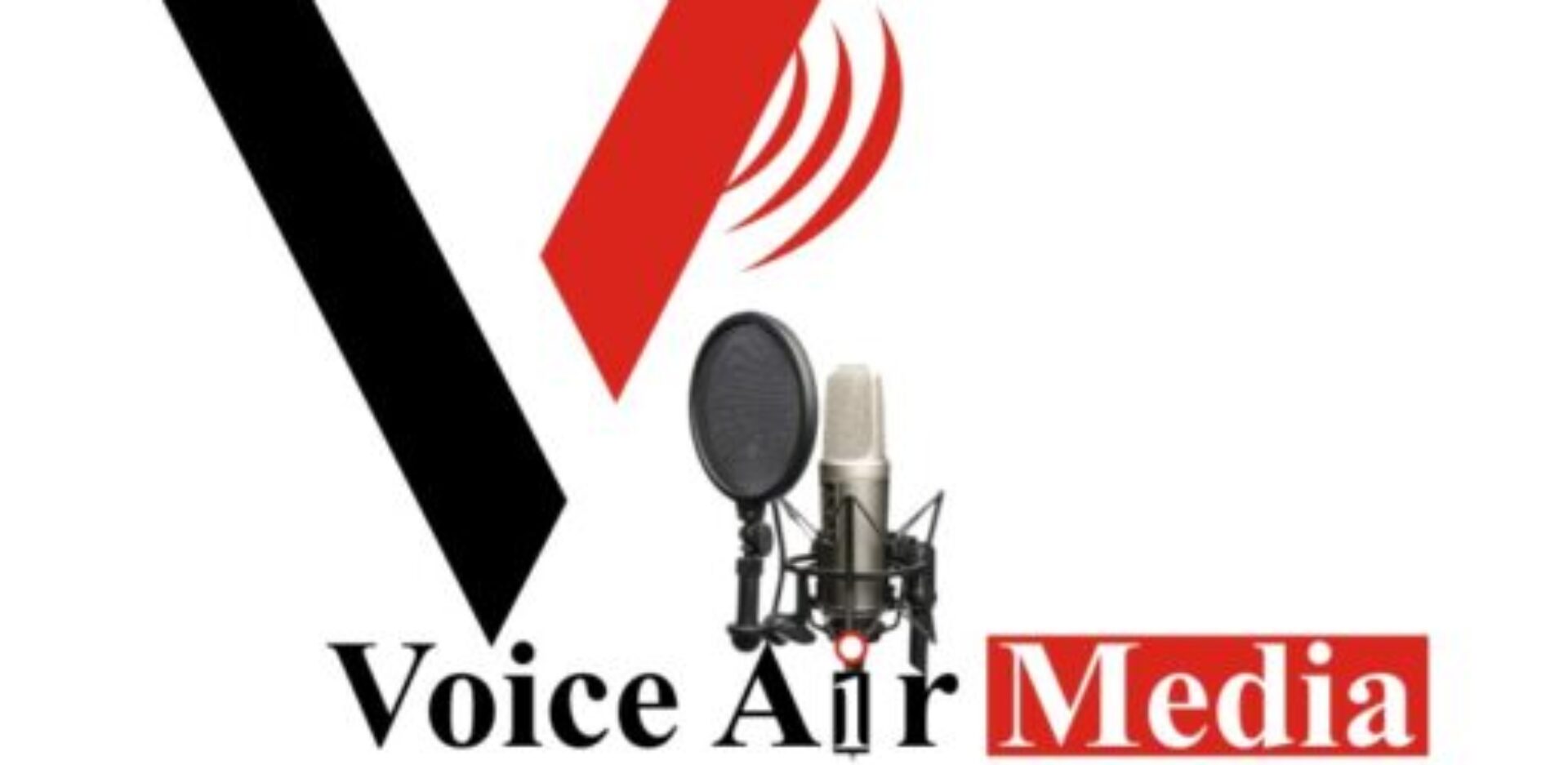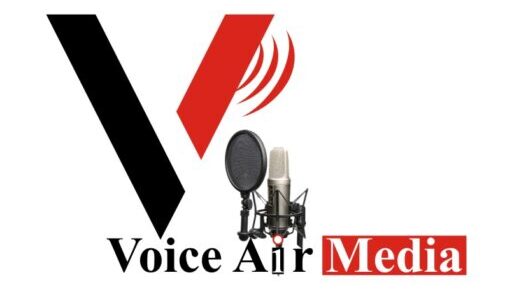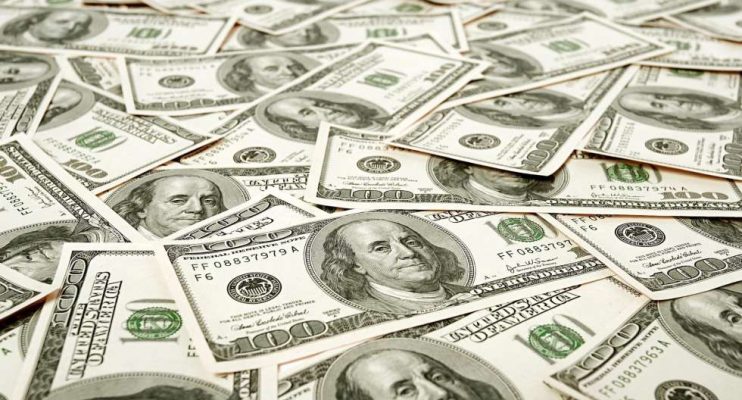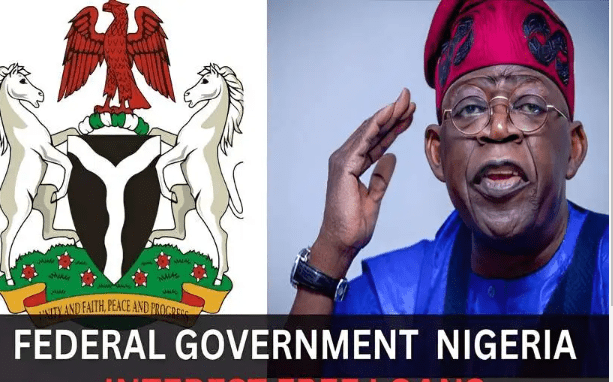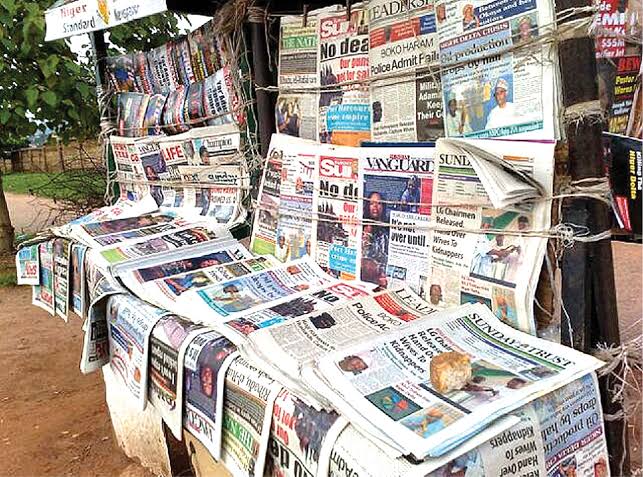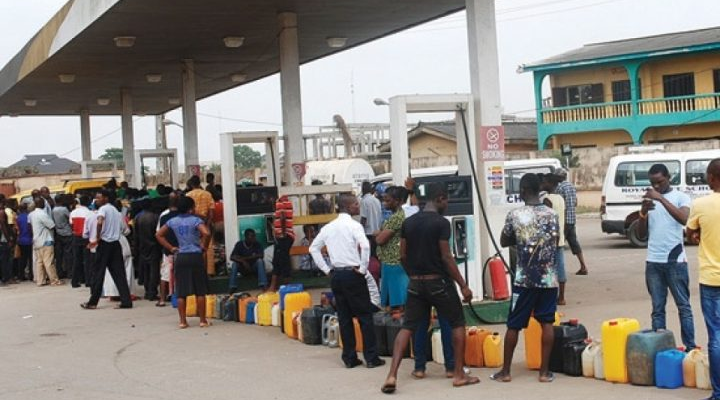The Nigerian National Petroleum Company Limited, on Wednesday, announced that it had secured a $3bn emergency crude oil repayment loan from the African Export-Import Bank.
It said the loan would be used by the oil company to support the Federal Government in stabilising Nigeria’s exchange rate. It was also gathered that the facility would also help in reducing the pump price of Premium Motor Spirit, popularly called petrol.
Impeccable sources at the oil firm also told our correspondent that the loan would boost the imports of petrol into Nigeria, as oil marketers further confirmed that the facility would tackle the seeming re-emergence of subsidy on petrol.
Nigeria’s exchange rate has been an issue of concern lately, with the dollar rising to over N910 at the parallel market, while oil dealers have been complaining of non-liquid nature of the Importers’ and Exporters official window of the Central Bank of Nigeria.
The NNPCL announced the acquisition of the $3bn loan in a brief statement issued by the company in Abuja, which was titled, ‘Relief for the naira: NNPC Ltd secures $3bn emergency crude repayment loan from AFREXIM Bank.’
The statement read, “The NNPC Ltd and @afreximbank have jointly signed a commitment letter and term-sheet for an emergency $3bn crude oil repayment loan.
“The signing, which took place today at the bank’s headquarters in Cairo, Egypt, will provide some immediate disbursement that will enable the NNPC Ltd to support the Federal Government in its ongoing fiscal and monetary policy reforms aimed at stabilising the exchange rate market.”
Providing further explanation about the loan, the Senior Special Assistant to President on Digital/New Media, O’tega Ogra, in several posts on X (formerly Twitter), explained that the $3bn was not a crude-for-refined products swap loan, but an upfront cash loan against proceeds from a limited amount of future crude oil production.
He said, “Is this loan risky for NNPCL or the Nigerian Treasury? No. The exposure for NNPCL is very limited, covering just a fraction of their entitlements. Additionally, there are no sovereign guarantees tied to this loan.
“What’s the benefit of this loan to Nigeria? The loan will assist NNPCL in settling taxes and royalties in advance. It will also equip the Federal Government with the necessary dollar liquidity to stabilise the naira, with limited risk.
“How will the loan be disbursed? The funds will be released in stages or tranches based on the specific needs and requirements of the Federal Government.”
On whether the initiative would affect fuel prices, Ogra said, “A strengthened naira as a result of this initiative will lead to a reduction in fuel costs. This means that if the naira appreciates in value, the cost of fuel will drop and further increases will be halted.”
He continued, “What about subsidies? Are they coming back? No. A stronger naira will result in lower prices from the current level, making subsidies unnecessary. The deregulation policy remains unchanged.
“How will the loan be repaid? The loan will be repaid against a fraction of proceeds from future crude oil production. It’s a strategic move that ensures a balance between our current economic needs and future production capabilities.
“What is the difference between this and previous swap deals? This is not a crude for refined products agreement where the government does not earn any proceeds from the swap.”
Marketers react
Commenting on the development, the National Public Relations Officer, Independent Petroleum Marketers Association of Nigeria, Chief Chinedu Ukadike, explained that the move would infuse dollar into the economy.
He, however, stated that the loan would not address the concerns around foreign exchange in the long run, stressing that as far as Nigeria continues to import petrol, the pressure on the United States dollar would persist.
“It is to infuse dollar into the country. But you know the implications of loan in the long run, because it has to be paid back. However, this is not the best approach to the issues that are before us.
“Securing the loan is basically to be able to cushion the effect of dollar scarcity, but our problem remains our problem, which is our inability to refine crude domestically.
“So anytime this loan is being repaid, you will see that the exchange rate will skyrocket. The loan, however, does not sort out the issue of inflation. What we want is a permanent solution to our problem, not a temporal solution,” Ukadike stated.
He argued that “if we can secure $3bn loan to cushion the effect of subsidy removal, then what is the essence of removing the subsidy? Why not use the money to fix the refineries, rather than using it to cushion the effect of subsidy?”
Asked whether some of the dollars would be made available to marketers for petrol imports, he replied, “The NNPC is almost trying to monopolise the market, being the sole importer of PMS into the country.
“If Mr President would say that they are not going to increase the price of fuel in the country, but are going to stabilise it, then it means that fuel subsidy is back. So they are looking for money to pay the differences in cost due to the return of subsidy.
“So what we have now is a quasi-subsidy, that is semi-subsidy on PMS. This is because if the dollar continues to rise against the naira, petroleum products’ prices must rise. The dollar is what you use to purchase products in the international market.”
On his part, the President, Petroleum Products Retail Outlets Owners Association of Nigeria, Billy Gillis-Harry, explained that though in practical terms one would say subsidy had returned, what the Presidency stated about the issue should be taken to be true.
“We heard the President’s firm commitment to keeping deregulation on stream and also to ensure the sustenance of subsidy removal. One would say there is subsidy, going by the rising forex and crude prices, but since the President said no return of subsidy, let’s take it that way,” he stated.
Experts speak
Economic and financial experts have reacted to the development,
According to the Chief Executive Officer, Cowry Asset Management Limited, Johnson Chukwu, if the NNPCL says the funds will be used to stabilise the exchange rate, it means the agency “will avail the CBN the funds to stabilise the exchange rate. It means CBN will allocate the forex to banks to meet forex demand for invisibles. These include PTA, school fees, etc.”
Also, a professor of Capital Market at the Nasarawa State University, Uche Uwaleke, said that it was worrisome that it was the NNPCL taking out a loan instead of the Central Bank of Nigeria.
“Much as intervention in the forex market by the CBN is desirable, a more cost effective option would have been to use what is left of our external reserves as opposed to taking a loan from Afreximbank or even the IMF.
“Without doubt, this $3bn loan on the balance sheet of NNPCL will make the company less attractive
Uwaleke, who is also the president of the Association of Capital Market Academics of Nigeria, added, “Contracting external loans to lend to the CBN creates an erroneous impression of insolvency on the part of the CBN which is not a healthy signal to foreign investors.”
Also commenting, the Vice Chairman of Highcap Securities Ltd, David Adonri said, “I don’t know when NNPC became a monetary authority with mandate to stabilise the naira. Their job is to manage petroleum industry business and not to stray into areas where they lack competence.
“Perhaps you need to investigate more to find out what they intend to do with the loan and also whether it is domestic or foreign loan. Every company has a right to determine its financing option, whether debt or equity.”
Atiku kicks
Former Vice President and presidential candidate of the Peoples Democratic Party in the 2023 election, Atiku Abubakar has described the $3bn loan injected into the economy by the Nigerian National Petroleum Company Limited to stabilise the naira as fraudulent.
Speaking through his Special Assistant on Public Communications, Mr Phrank Shaibu in a statement on Wednesday, Atiku described the purpose given for the loan as a ruse to force the naira to appreciate in the parallel market.
He further added that the move was cosmetic and unimaginative and had once again “Exposed President Bola Tinubu as a Lilliputian economist that lacked ideas on how to rescue the economy he had pushed to the edge with unviable policies.”
According to him, monetary policy is not the job of the NNPCL but the Central Bank of Nigeria and wondered why the former, “Which claimed to be a profit-making organisation, would go ahead to take a loan for the primary purpose of stabilising the naira.
Atiku also drew parallels between the actions of the NNPCL and the CBN under the authority of Godwin Emefiele.
He also claimed that oil production has dropped on Tinubu’s watch due to continuous oil theft, stressing that instead of boosting forex liquidity by increasing production and exports, “The President decided to take the jejune path of obtaining foreign loans, an inglorious road that his predecessor had travelled.
He said, “For many years, Tinubu claimed that he built the economy of Lagos from scratch. Now, he has been exposed as a charlatan. His administration detained Emefiele and vilified him for taking FX loans from JP Morgan and Goldman Sachs running into $7.5bn, which was used in defending the naira.
“Now, Tinubu’s administration claims to have done the same thing by forcing the NNPCL to take a loan of $3bn to defend the naira. We, however, have it on good authority that this is all a ruse to force the naira to appreciate at the parallel market, an action that will further affect the government’s credibility.
“The NNPCL has failed to shed the toga of an ordinary government agency. No wonder it has refused to become a public limited liability company, as stated in the Petroleum Industry Act. The NNPCL boss, Mele Kyari, who is also desperate to retain his job, has allowed himself to become a willing political tool just like Emefiele. If the NNPCL was a publicly listed oil firm like Aramco and Mobil, would it obtain a loan in order to ‘defend the naira’?”
He chided Tinubu for lacking a clear economic blueprint, arguing that his policy flip-flops had already begun affecting Nigerian bonds, as reported by Bloomberg.
